Massachusetts General Hospital Boston, United States of America
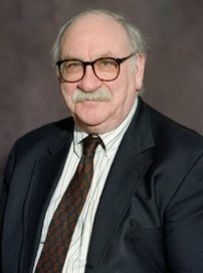

Massachusetts General Hospital Boston, United States of America

University of Toronto Stratford, Canada
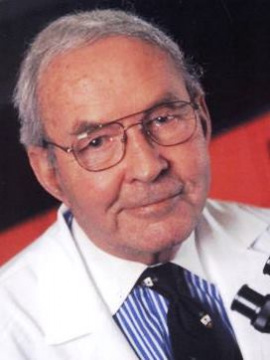
Boston, United States of America

Gothenburg University Billdal, Sweden
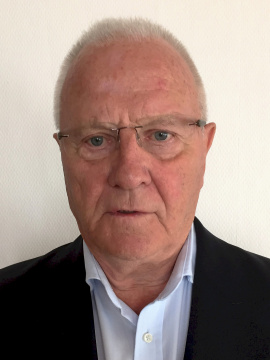
Mount Sinai Hospital, University of Toronto Orthopaedic Surgery Toronto, Canada

Case Western Reserve University Skeletal Research Ctr./Biology Cleveland, United States of America
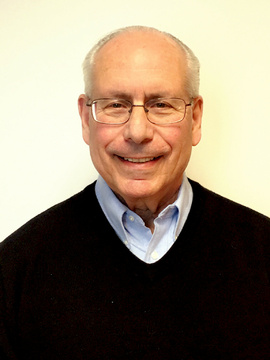
Dana Point, United States of America
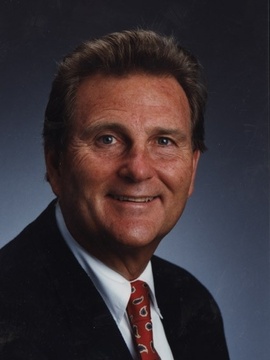
University of Gothenburg Cartilage Research Unit Varberg, Sweden
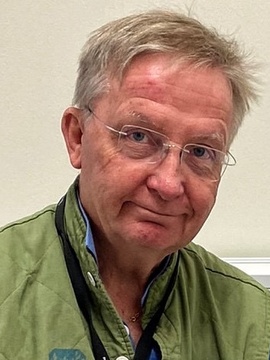
University of Iowa Hospitals Orthopaedic Surgery Iowa City, United States of America
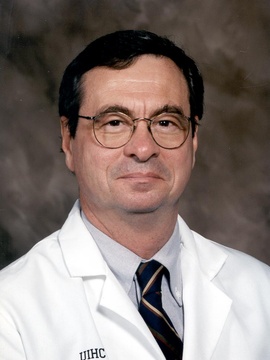
Lancaster, Canada
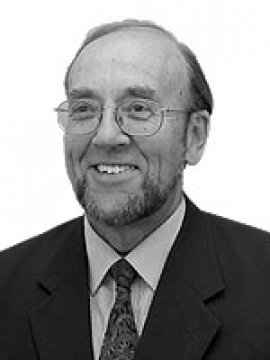
University College London Institute of Orthopaedics and Musculo-Skeletal Science Stanmore, United Kingdom
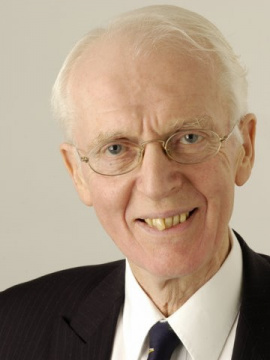
Washington University in St. Louis Orthopaedic Surgery - CB 8233 St. Louis, United States of…
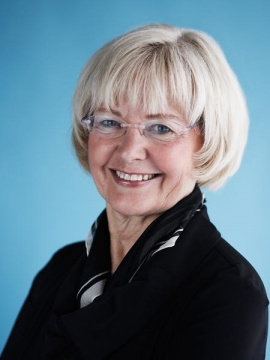
Môtier, Switzerland
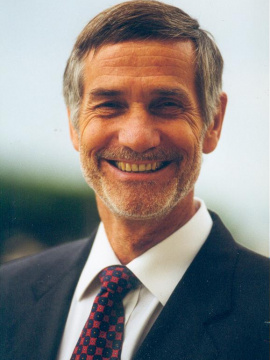
Sahlgrenska University Hospital Institute of Biomedicine Göteborg, Sweden
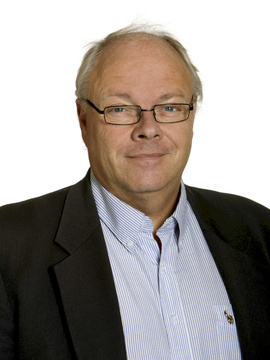
RJAH Orthopaedic Hospital NHS Foundation Trust Spinal Studies & Cartilage Research Group Shropshire, United Kingdom
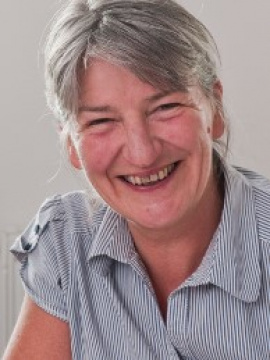
George Mason University Bioengineering Manassas, United States of America
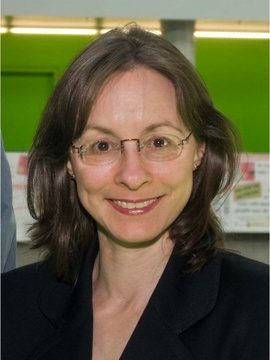
George Mason University Volgenau School of Engineering Fairfax, United States of America

Nominees for the award should be individuals with a career of translational science achievements that have made a significant impact on the cartilage repair field. The award is based on a body of high quality scientific work that has “stood the test of time.” There should be a record of original research that is well beyond proof of concept to form the basis for broader advancements and application in the cartilage repair field. This means that the “body of work” for the award should meet two tests: Did it provide important original findings in a rigorous, scientifically sound manner? Did it have high impact on the cartilage repair field through building the scientific foundation of the field and/or fundamentally helping to guide the direction and progress of the field? Although the work can be basic science, clinical, or both, it must be of high scientific quality; relevant to translational medicine; and have had a significant influence on the direction of cartilage repair research and clinical therapies.
The ICRS Board will establish a 3-5 member committee with the expertise and experience to evaluate nominees on the basis of the award criteria. Two committee members may be ICRS Board members. The ICRS Board may appoint two additional members as needed based on the volume and breadth of nominations sought or under evaluation. The committee will evaluate Nominees on a 18 months basis with a review schedule timed to select a nominee in advance of the next upcoming ICRS Congress. The award would be presented at the Congress. However, the selection of an award winner will be based on there being an appropriate nominee that meets the award criteria, not the schedule of an upcoming ICRS Congress. Given the demanding award criteria, it should be expected that in a given year that there will not always be a qualifying nomination. Therefore, the Lifetime Achievement Award will not necessarily be presented at every ICRS congress.